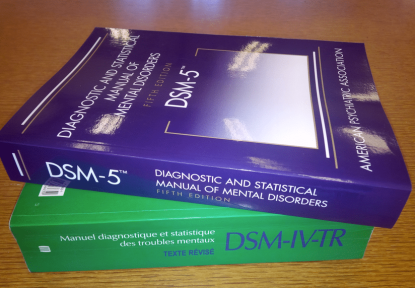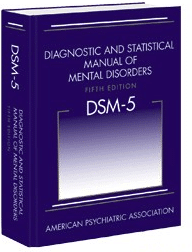Social Work Ethics: Understanding Confidentiality
What happens if a client dies? Social workers and MFTs frequently ask me legal and ethical questions related to their private practice or licensing prep. One question that I get asked about a lot is the limits to confidentiality, and when we can, or cannot release information. It’s really tricky because there are a lot of different factors that go into this. As practitioners we have a responsibility to our clients and legal responsibilities as well. Let’s take a closer look at this with a sample question:










